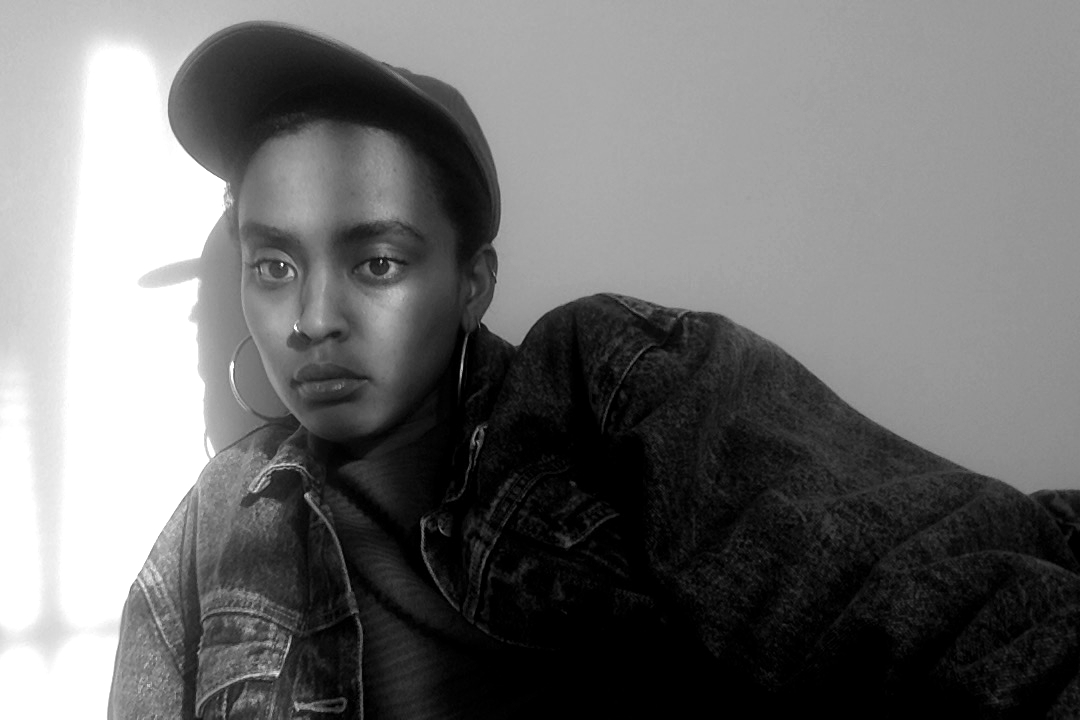
In an interview with Dami Àjàyí, Kwame Dawes speaks on his large and generous offerings – the work that he has contributed towards and within a greater African Diasporic poetics. Àjàyí asks after what drives him towards curation, when the work requires so much time, and when tending towards one’s own creative impulse can seem like enough.
I can’t think I am living large if the home we live in is a mess while my own room is spotless. I want a beautiful mansion for all of us. Yes, I realise this is not a seamless nor an especially artful allegory.
The allegory leads towards something of legacy, of archives, and threads into so many conversations I’ve had with African creatives.
How do we have self-determination? What would it look like to build structures that cradle and spiral?
Sometimes a seemingly befitting answer falls into our hands, manifesting into collectives and readings, spaces For Us By Us, and other times the conversations flow between us, and is left within the atmosphere, until we decide we are ready to breathe that same air back into the lungs.
When the idea was posed to me to collate this issue, I’ll admit, concerns arose within me. I questioned the usefulness of such an endeavor due to the complexity of the term ‘African’, the complexity of Australia, and assumptions underpinning being under such an umbrella, as writers. This questioning emerged as a sort of anger towards the structural hierarchies that are so insidious – that can live and fester within the most well-intentioned projects. My anger took me back to reading Nikki Giovanni’s Nikki Rosa, a touchstone poem for me that I always return to when feeling unsure about the why of poetry.
and I really hope no white person ever has cause to write about me because they never understand Black love is Black wealth and they’ll probably talk about my hard childhood and never understand that all the while I was quite happy
I love the precariousness of this happy, the little secrets it holds, what it might mean amongst Black people, what happy feels, tastes likes, what it knows for us. These secrets, these threads, if nothing more, binds us across communities – not as cohesive, but as something that can only be felt within a smile, or nod when passing someone else from within.
I write this to say, there are secrets within the poems of this collection that are reserved for the artist(s). Perhaps this is the case for every work of art ever made, perhaps I am writing this as an affirmation, rather than of evidence. Exposure is not always fortunate, and the border, liminality, holds within it its own gifts.
I write this to enquire, what binds us, what is our lineage, and how did we find ourselves here?
I’m thinking to a conversation that I shared with Idil Ali, Somali poet and artist working in Narmm, that was a timely reminder on community. A reminder of how small and delicate, or how large and gregarious our communities can be, and to keep these connections close.
It is perhaps a sort of waking dream – this seeing of each other, of engaging eye-to-eye. A dream where, each of us knows what can be given, and what can be received. Where boundaries are holy, and belonging is fundamental – where the point of this belonging does not have to be proven. It reminds me that at times, it is confusion, or being scared, angry, or embodied and imagining other ways through, that is the place from where stories find their beginning. I loop back and dream towards what my happy childhood was and was not, and to Nikki Rosa, to poise the moments of disparity that Diaspora can bring.
When the brain screams: you are alone, which really means, you have forgotten your ancestors, search for a way home.
Knowing that others have paved a path makes the experience a little sweeter. Maxine Beneba Clarke has been a great light across the landscape. Afeif Ismail, who appears in this collection, has been a working poet and playwright for decades, and Sista Zai Zanda, who also appears here, is someone who has become an elder to many, starting and shaping, paving paths for many young poets and writers through the art and power held in making space. And there are many elders who may not be known by the establishment, or, those respected as practitioners in their home country, and have changed the nature of their practice. Or, like most of my aunties and uncles, sing their song at weddings, at funerals, over khat or in private. We can dream wider than we ever have, knowing what came before us.
I’m excited to share this collection of poems from some of my friends from the Diaspora. The poems in this collection are tender – they are works that hold ancestry, rigor, and are driven by deep waters.
These poems speak of food, power, and beauty and, care as they do, violence and anarchy. The beauty in each of these works is their gut, skill and self-examination of circumstance.
I want to say, I hope this is the beginning of something, but I feel that would be undervaluing, so I will just say thank you to poets who shared their work, thank you to each poet who has inspired their work, and for all to read in peace.














Pingback: The smell of freedom (from study) | the blog that chris wrote